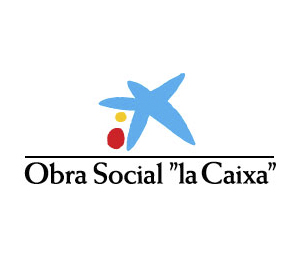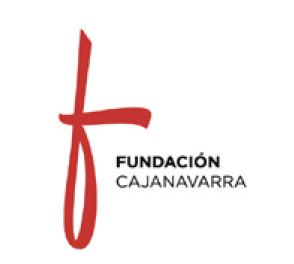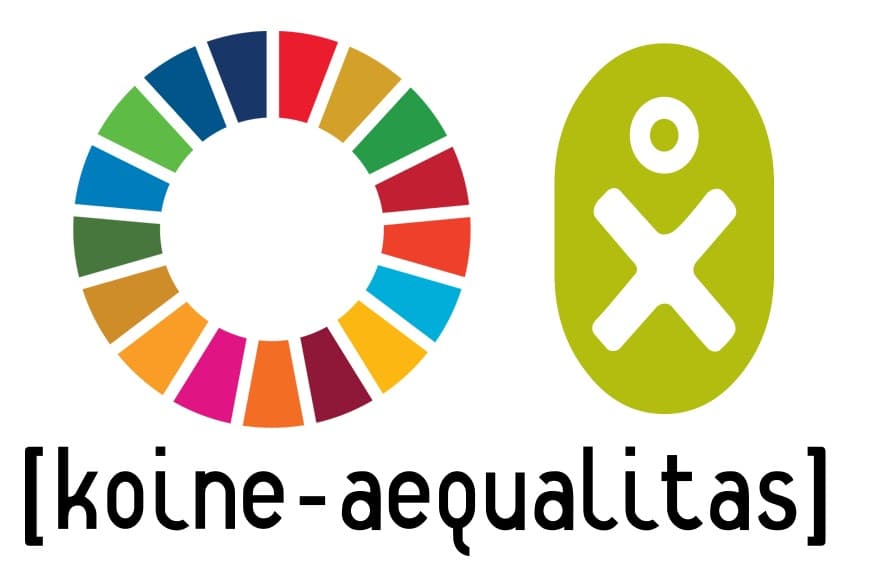The ACCOMPANIING-T project is focused on accompanying young people at risk of social exclusion in the transition to adult life from a comprehensive perspective.
Young people at risk of social exclusion, among other profiles, are considered unaccompanied foreign minors (MENAs) and those who have lived in residential care, whether or not they are MENAs. At this time, although there are foster care projects planned, 100% of MENAs who reside in Navarra do so under a residential care regime.
These people make a drastic step into adult life since it begins exactly with the legal age of majority, 18 years. So that we contrast and value the difference, in our society it is delayed to 29.5 on average (data from the Navarro Youth Institute).
Those who have spent their childhood, or part of it, in protection centers move to independent life without having reached other milestones stipulated as previous, socially and culturally, such as the completion of studies (Jackson and Cameron, 2012) and obtaining of a first job. In addition, this process is carried out without the financial and emotional support of the family. The transition to adulthood is very short. This is what some authors have called “immediate adulthood” (Stein, 2006). The sum of all these circumstances turn this transition into a risky situation.
PROJECT OBJECTIVES
The main objective of the project is to reduce the Intergenerational Transmission Rate of Poverty by promoting the socio-labor insertion of young people at risk of exclusion (derived from the resources for the protection of minors, primarily unaccompanied foreign minors), developing for this a comprehensive program of social support, housing, training and employment, which responds to the needs of hiring qualified personnel in unpopulated rural areas crossed by the Camino de Santiago.
As derived objectives, we can point out:
Encourage the definition and development of a vital project in foreign youth
Encourage the definition and development of a vital project in foreign youth by covering their basic needs (accommodation and meals) and specialized social and community support.
Promote the employment of young people at risk of exclusion
Promote the employment of young people at risk of exclusion, improving their employability through the adaptation of technical training to be imparted with the needs of the labor market and providing a protected work environment (CIS) as an initial step for professional development.
Reverse the depopulation process in rural Navarrese environments
Reverse the depopulation process in rural Navarrese environments, generating the necessary conditions for young foreigners to develop their vital projects linked to these localities, favoring the fixation of the population and the diversification of services available in the area.
Promote the participatory definition of a comprehensive care model for young foreigners
Promote the participatory definition of a comprehensive care model for young foreigners that links their personal development and social inclusion to localities crossed by the Camino de Santiago, promoting its scalability.



